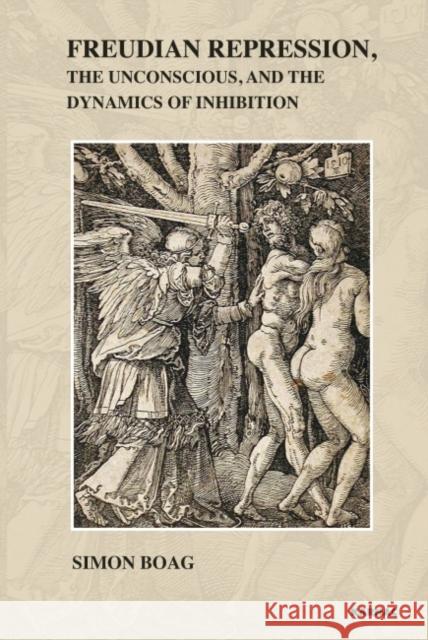Freudian Repression, the Unconscious, and the Dynamics of Inhibition » książka
Freudian Repression, the Unconscious, and the Dynamics of Inhibition
ISBN-13: 9781855757387 / Angielski / Miękka / 2011 / 268 str.
Freudian Repression, the Unconscious, and the Dynamics of Inhibition
ISBN-13: 9781855757387 / Angielski / Miękka / 2011 / 268 str.
(netto: 162,21 VAT: 5%)
Najniższa cena z 30 dni: 159,60
ok. 16-18 dni roboczych.
Darmowa dostawa!
Possibly no other psychoanalytic concept has caused as much ongoing controversy, and attracted so much criticism, as that of -repression-. Repression involves denying knowledge to oneself about the content of one's own mind and is most commonly implicated in disputes concerning the possibility of repressed memories of trauma (and their subsequent recovery). While fundamental in Freudian psychoanalysis, recent developments in psychoanalytic thinking (e.g., -mentalization-) have downplayed the importance of repression, in part due to less emphasis being placed on the importance of memory within therapy.
This book proposes that Freud's theory of repression needs to be understood in a new light, which allows Freudian repression to be evaluated afresh and gives a modern appreciation for the vitality of Freud's thinking. While much contemporary discussion is about the repression of traumatic memories, this book instead shows that Freud appears to conceptualize repression as a specific form of cognitive-behavioral inhibition, and this has enormous implications for understanding repression within a modern context. Situating repression within a dynamic account of persons, Freudian repression is surprisingly congruent with models of inhibitory processes emerging from modern psychology and the neurosciences.











